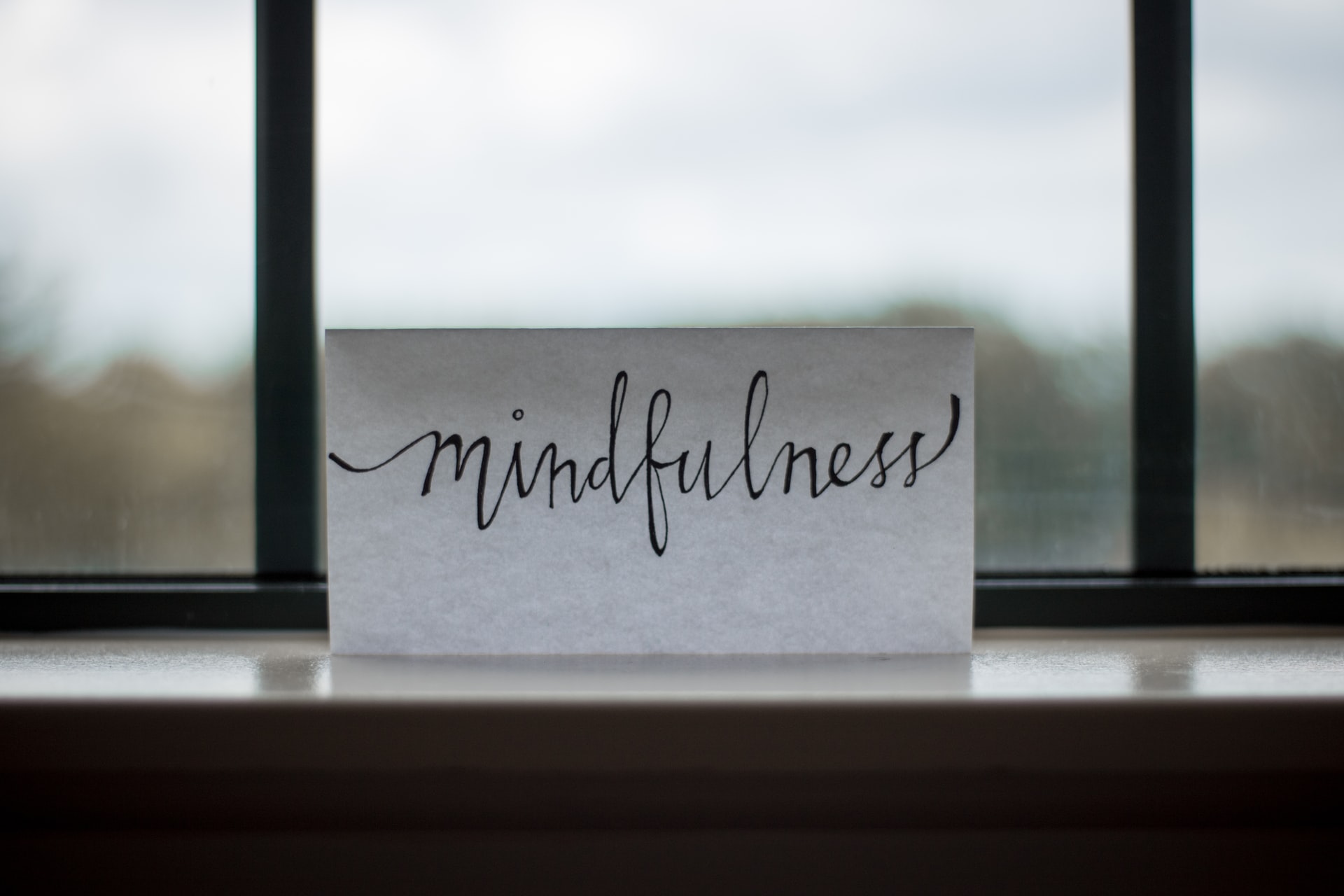If you go through various philosophies or even dictionaries, the self-awareness definition, more or less, comes to this: an awareness with respect to one’s individuality. Individuality does not mean conscience or the likes. It means that you have to be aware of your behaviour, actions, reactions, and more. Self-introspection is also a part of being self-aware. Basically, self-awareness is being aware of self and surroundings, assessing your self-knowledge. One of the key essentials to enhancing your emotional quotient is to cultivate self-awareness.
Healthy emotional intelligence is a prerequisite for being productive not just in a challenging work environment, but also in our day-to-day lives. Especially during these times!
The COVID-19 pandemic has hit the world pretty hard. So much so that many business practices have been rendered redundant to make room for one common way of living: working from home.
What’s a better time to cultivate self-awareness? Working from home has totally revolutionized the work culture. Now that our transit times have been cut and we are working out of our pyjamas rather than pants, there is more time to focus on our own emotional intelligence and honing it, which also directly increases our productivity. After all, only a healthy mind can be constructive.
Unlike the skills you can learn in a week or a month, you cannot do a hurried job if you wish to cultivate self-awareness. It needs to be understood first and only then can you step into building it. Work from home, in these times of quarantine, is a perfect timing to enhance your own emotional IQ as you cultivate self-awareness.
For instance, did you know that there are two types of self-awareness?
The first kind is “internal self-awareness”, which is basically how we see ourselves and how our opinion about ourself affects our lives. On the other hand, we have “external self-awareness”, which is how others perceive us, and how that perception or the thought of it affects us and our actions.
Just like no human behaviour can be bifurcated into clear boundaries, even self-awareness in humans is an amalgamation of the aforementioned two types. This gives rise to broadly four self-awareness archetypes.
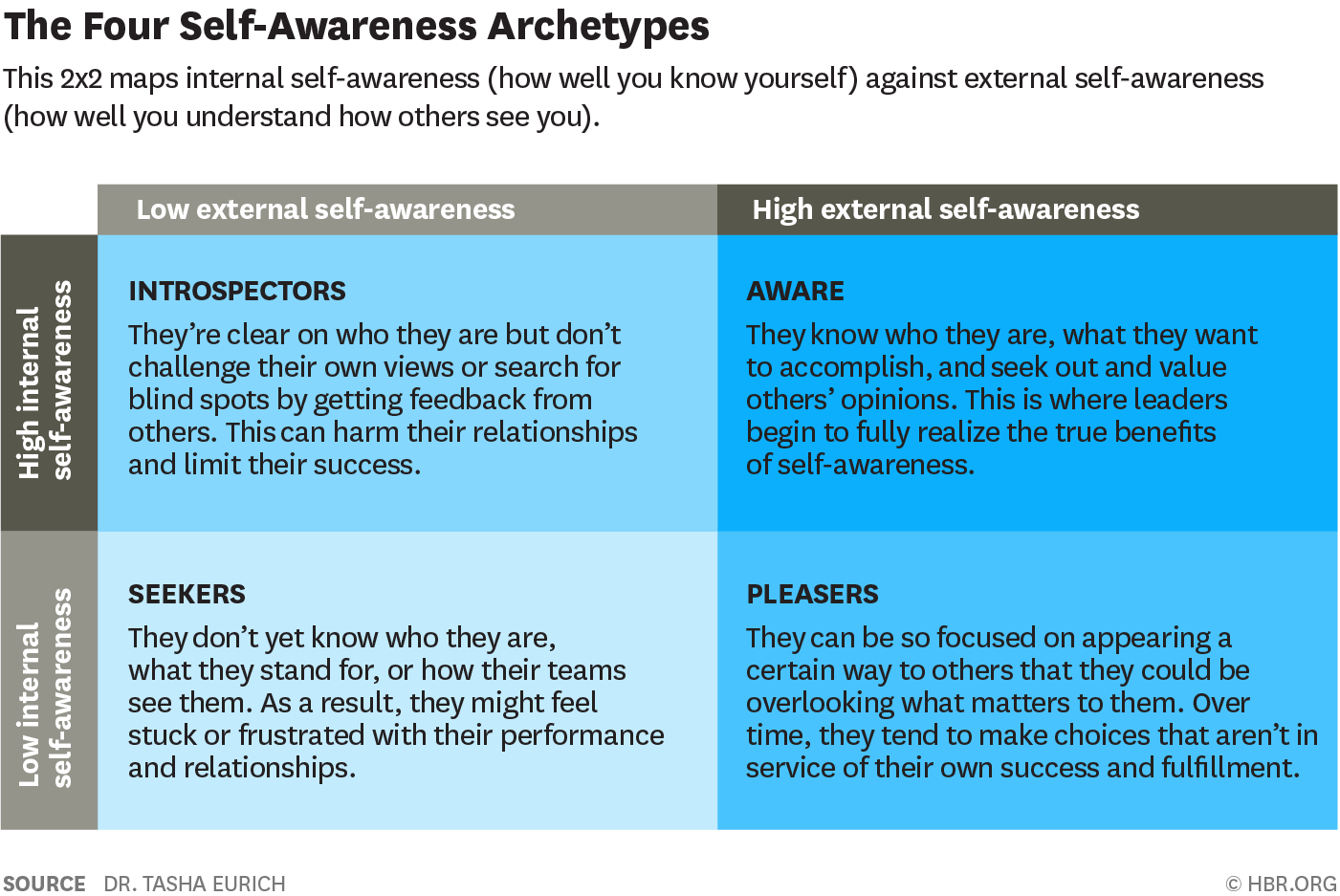
Cultivate Self-awareness, Chart: Dr. Tasha Eurich, hbr.org
Self-awareness is a mix of perceptions – your own as well as what others have of you. However, one has to be cognizant of when tipping too much into what others think of you, can become problematic. Refer to the aforementioned chart. On the other hand, when you are high on self-awareness and do not think of other’s perceptions, you become complacent and non-receptive to feedback. Thus, make sure that you cultivate self-awareness in a balanced manner.
You should know how to balance the scale of perception to cultivate self-awareness.
A high level of self-awareness can make you an exceptional leader whose productivity tops the charts.
On the other hand, a low level of self-awareness can lead to disastrous results, no matter how many hours you put in at work. It is critical to know self to analyse how and in what way you can put in the best efforts. There are many self-awareness examples to prove the same.
So, how does one cultivate self-awareness? Especially when we’re all working from home, have lesser people to talk to and our ways to learn about the world have changed so drastically?
Objective analysis of self and journaling
What is the first step you should take if you wish to cultivate self-awareness? Start with no preconceived notions of yourself and analyse your day-to-day activities.
Well, it can be a difficult process.
We all have our biases, and those biases can especially be acute when applied to self. However, to cultivate self-awareness, biases need to be reduced drastically. This is important so that you can look at yourself with a balanced perspective.
Start from the beginning. Think of your childhood.
What was it that made you deliriously happy back then? Is it something that you do even now? Does your routine now have any semblance of that past memory?
Spend time thinking about this. Introspect and reflect.
In today’s times when you are working from home, you can compare the time when you were in an office environment. Is there any difference between you then and you now?
Observe and analyse.
A good thing would be to start your day with a diary or note. Start writing your day, and by that, we don’t mean that you need to write about your schedule. That is an absolute necessity for a planned day ahead – you’re probably already doing that!
What we are saying is studying your perception of yourself.
Start writing about yourself. What is it that you like or dislike about yourself, and how can you work on the latter to make yourself better or to see yourself in a certain way?
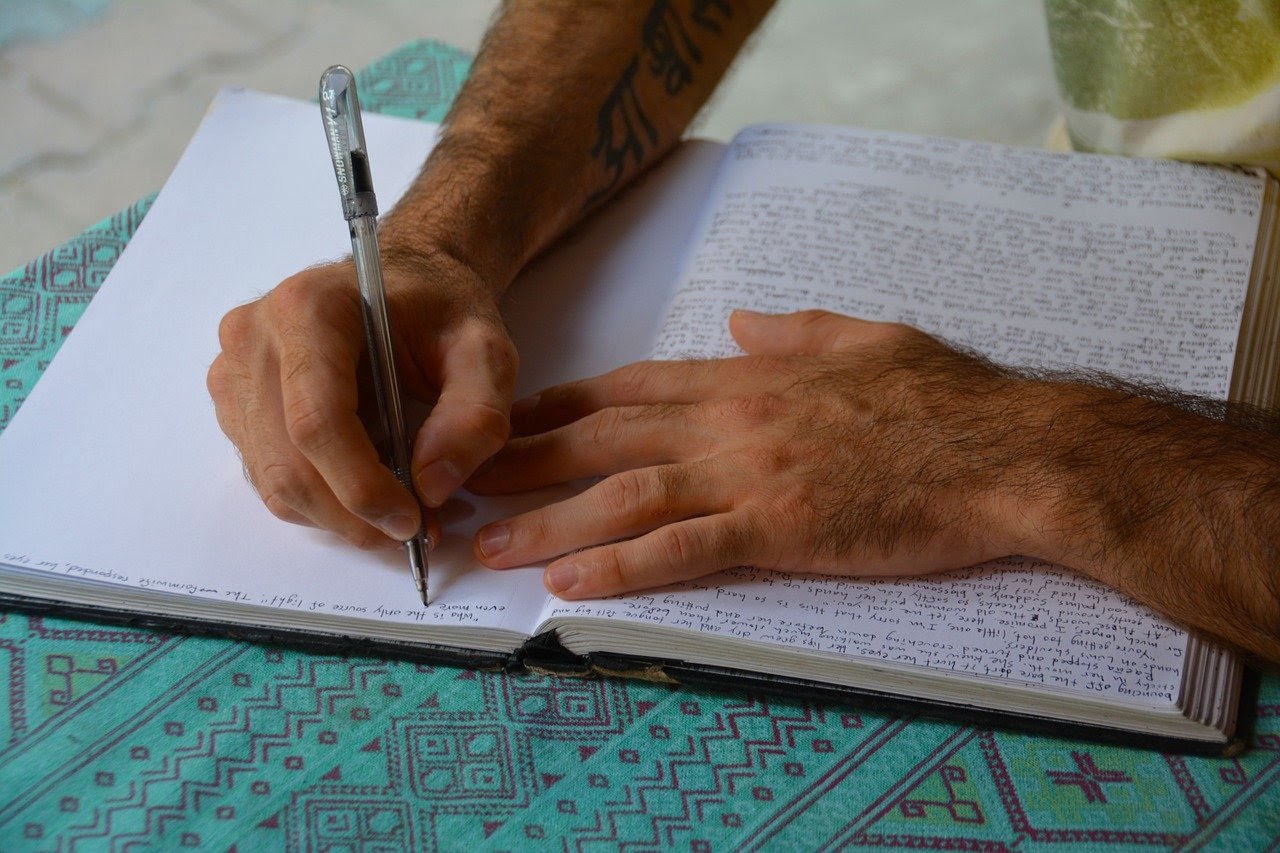
Also, introspect and write about what are the things that have changed in you since childhood. This is a challenging part as all of it doesn’t come in one go. But dedicate a section and keep writing as and when you remember.
An objective analysis of self along with a written record of the same. This is the first step if you wish to ace the art of an enhanced emotional IQ and cultivating self-awareness in the process of doing so.
Here are 23 introspective questions you could ponder over to understand yourself better:
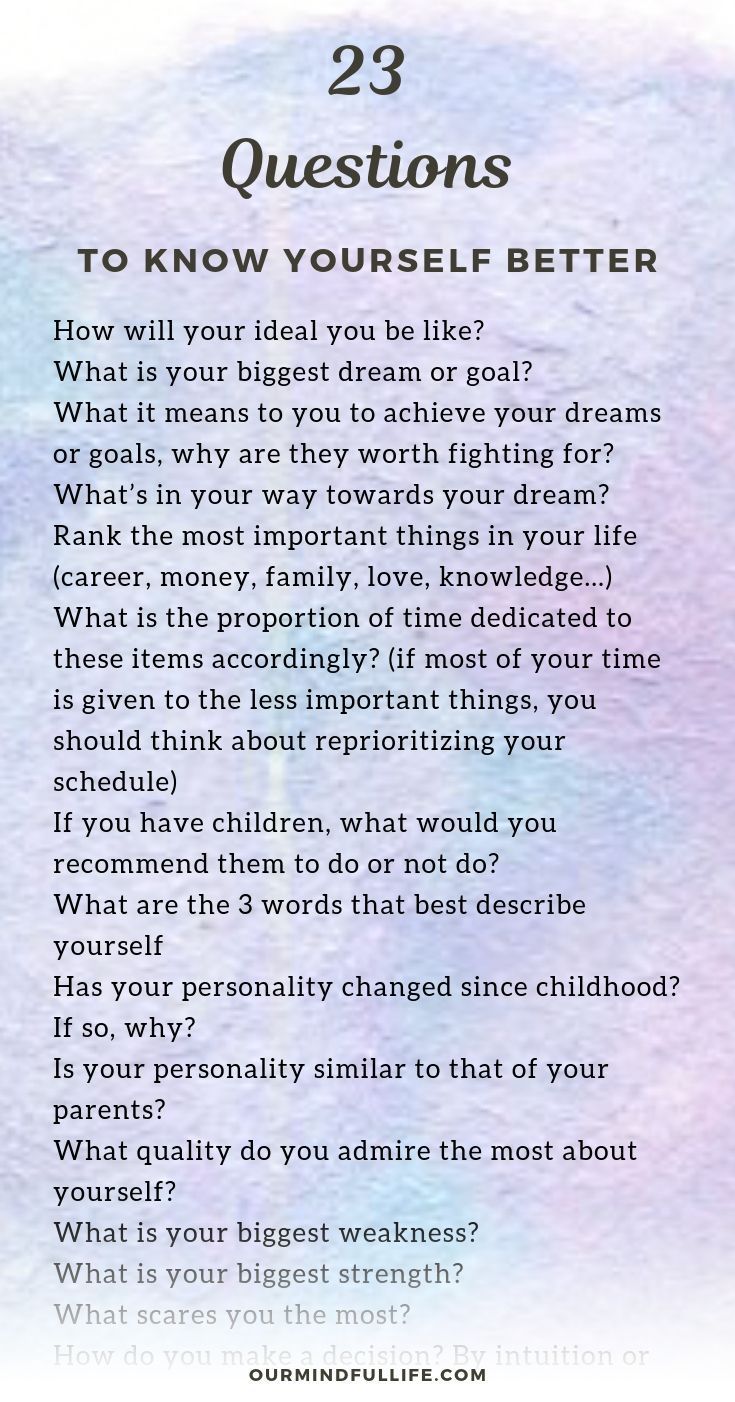
Reflect and meditate to cultivate self-awareness
No, this isn’t a piece of philosophical advice.
To cultivate self-awareness and enhance your emotional IQ, you need to be aware emotionally. To be aware emotionally, you need to nourish your mind. And to nourish your mind, you need to take care of it as well as you take care of your body.
Your mind needs healthy food, yes. But along with it, it also needs a workout that can keep it functioning effectively. Our mind functions continuously, but to engage and enhance our introspection psychology, we need to give it the exercise that it needs.
No, we’re not necessarily talking about those HIIT workouts. Meditation works as well.

Working from home has its advantages. One of the biggest is saving up on time.
Our everyday life requires us to commute and even spill some time here and there being unproductive. As we work from home, we can utilise that time just to self reflect. Take some time aside from the routine. Keep aside every gadget, all work, and just think and ponder over yourself.
Don’t exhilarate or panic, just think. Just 10-15 minutes a day would do.
It’s easier to cultivate self-awareness via meditation. Especially when you are working from home. Meditation can be anything which calms your mind and gives it a therapeutic sensation of peace.
It can be an everyday task or a hobby which makes you feel happy from within. Anything which makes your mind work faster without tiring it out is your personal meditation. Take some time out for it on a daily basis.
For example, for some people gardening is like meditation. Setting aside 10 minutes a day to water their plants gives them that peace. Simply seeing something thrive and have something to care about, makes them feel calm.
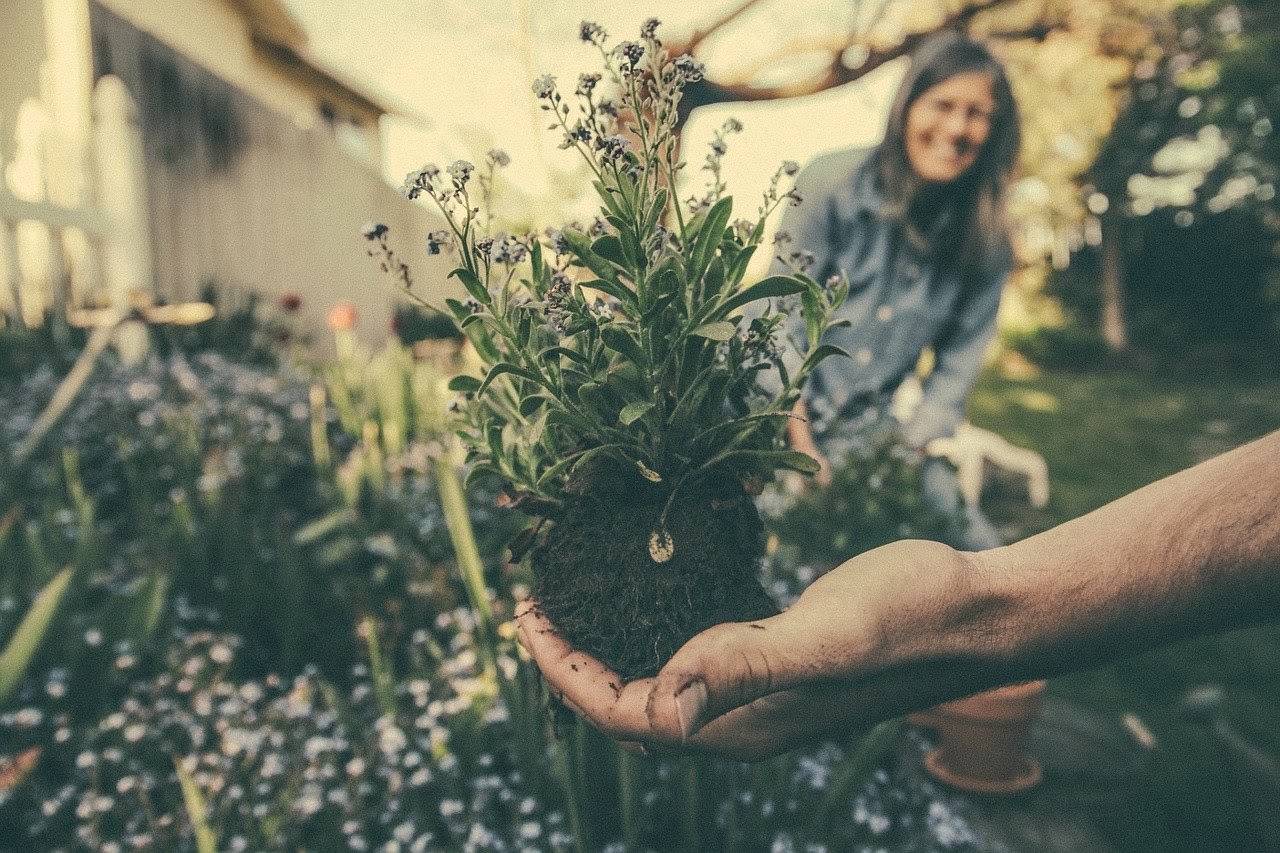
Think you don’t have time for exercise or to pick up a hobby to cultivate self-awareness? Start with these simple desk exercises that you could do while working!
Take advice from friends and feedback from colleagues
If you think that your own judgement about yourself can be clouded and it will always have a small portion of bias, you can take the help of your close friends. The aim is to cultivate self-awareness and create better emotional intelligence.
Who can stage a better intervention and nudge you towards an introspection? Friends, of course.
However, make sure that you only include your most trusted friends and colleagues for this exercise. The reason for picking people from your closest crowd, both personally and professionally, is that it will reduce the chances of you getting a clouded judgement. A biased judgement, whether induced by flattery or jealousy, will be of no use to you.
As we all observe social distancing and work from home, you can either perform this exercise over video calls or phone calls. Or you can create an extensive questionnaire and ask them to fill it and send to you.
Again, this might seem like too big a task. But the right people in your life will do it for you.

Another thing which can help you here is feedback from your colleagues. Again, make sure that these are your most trusted colleagues. Those whom you can bank upon to give you an objective and unbiased judgement.
You can additionally ask them to point out any work habits that you may have been following at your workplace – those that were an obstruction to your otherwise productive self.
Relationships are very important to enhance self-awareness. A person who is surrounded by honest thoughts and people will have a better focus than one who is burdened by biased views. Make sure that you create a circle of such people, professionally and personally. Use their viewpoints and perceptions about you to cultivate your self-awareness.
Realign your thoughts and accept what can’t be changed to cultivate self-awareness
Often in the quest of professional development, we ignore the importance of emotional awareness, which is equally essential. And one thing that obstructs the path towards acquiring emotional awareness, is your own expectations from self.
Analyse your strengths and weaknesses with the help of the aforementioned steps. Know what you can do and what you cannot.
Now that you have been journaling and have asked trusted people around to give them their feedback, you have a fair picture of perception that has started to form. Use this to realign your thoughts and accept yourself the way you are.
No way does it mean that you should become complacent and stop improving. Keep honing what you can, but know where to channelise your strengths.
As they say, there is no use of pushing a stable and still wall. Might as well utilise that energy into pushing something that can shift and be beneficial to you and the organisation as a whole.
Realign your thoughts and channelise your energy into what best you can do, to churn out maximum productivity. Cultivate self-awareness and see how it helps you do more!

Peaceful acceptance of yourself is also something that you need to do to cultivate self-awareness. Emotional self-awareness is an extremely important step towards it.
Remember one thing; to think that you are self-aware and to actually be self-aware are two different things.
While the former is a faux you should pass, the latter is what you should be aiming for. It’s not easy or quick, to cultivate self-awareness. It takes time to hone, given you are working on yourself. However, slowly and steadily, it brings about a huge change inside you. It makes you more productive, driving away from the negative influences in life. It also propels you to be more accepting of yourself.
Quarantine is a difficult period. When you are alone, you do have all the doubts that often lead you towards self-doubt and destruction. Often also leading to mental health issues. When you cultivate self-awareness as you work from home, it will not only keep you in the sanest of health but will also make sure that your productivity is the best that can be.
A high emotional intelligence comes from a clear sense of self-awareness, and that is what leads towards a better and productive work life, and eventually a better personal life too.
An important step towards your overall well-being is to cultivate self-awareness. It not only enhances your emotional IQ, making you a better person but also increases your productivity, thus making you succeed professionally. A perfect mix of perceptions, self-awareness is a delicate balance; cultivate it for a better you today, tomorrow, and every day.
Looking for further reading on self-awareness? We really liked this blog on what is self-awareness and why it is important, by Positive Psychology.
